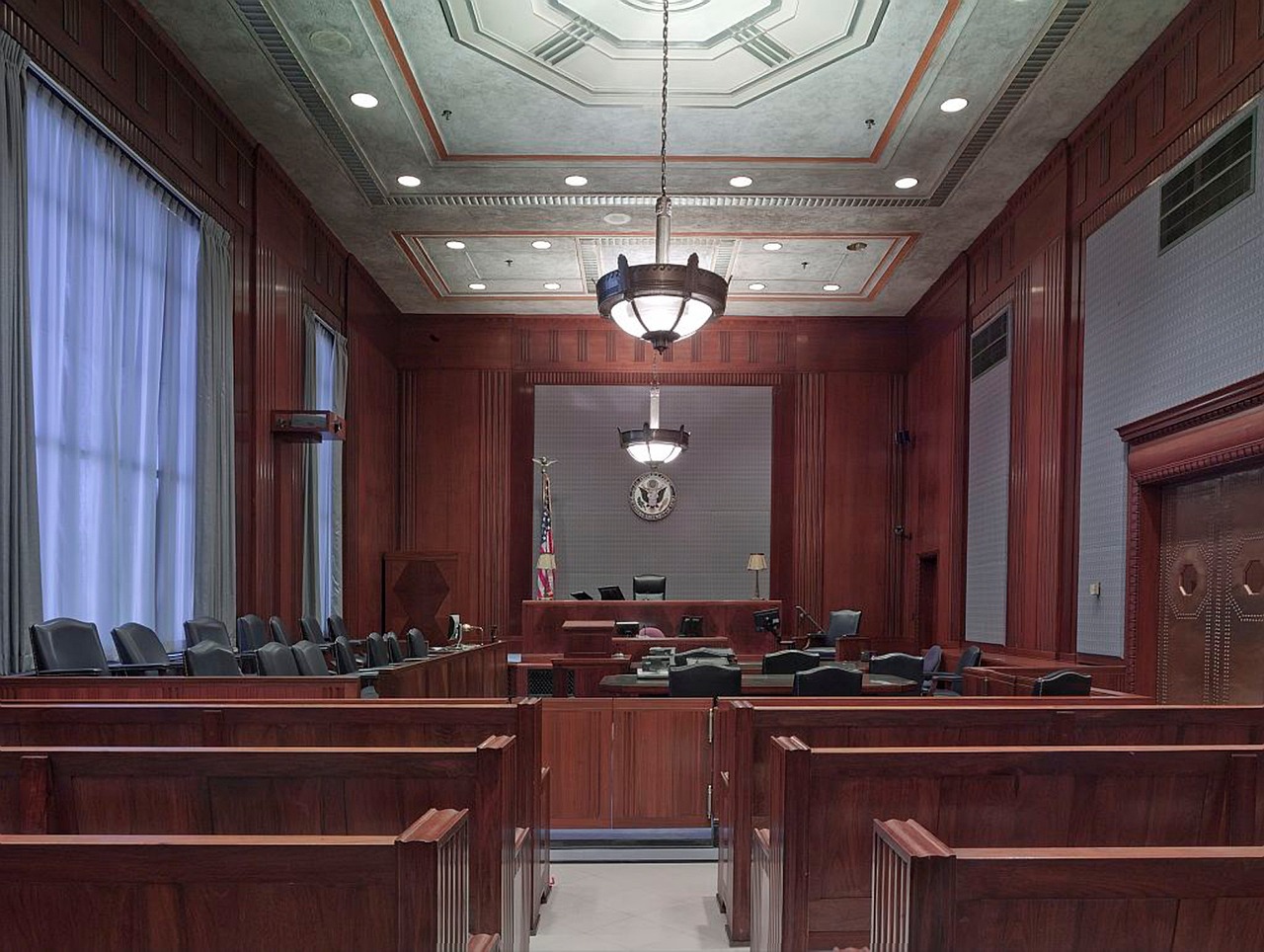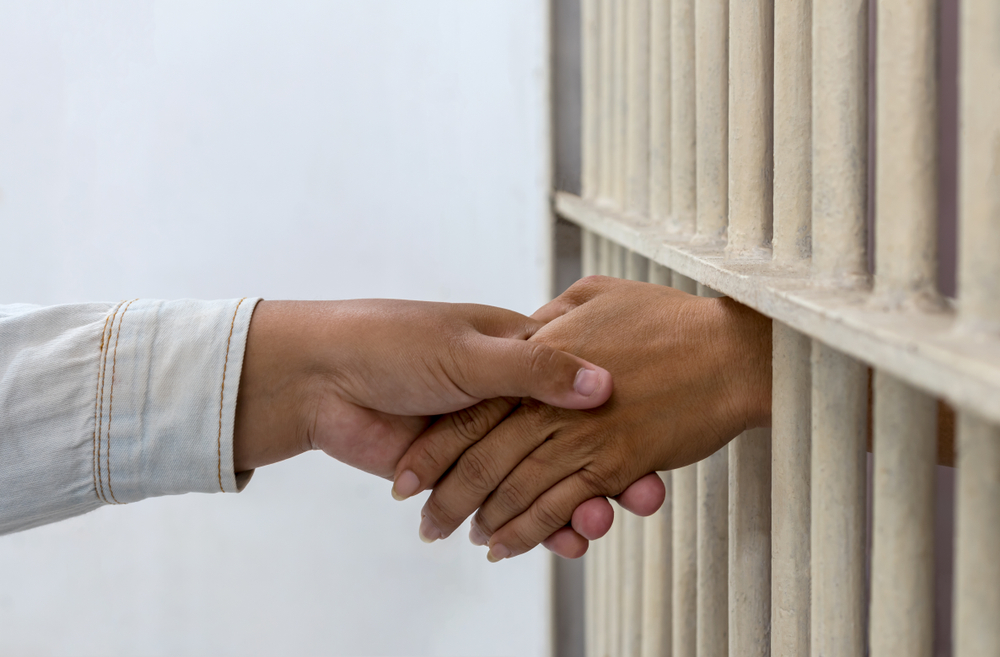You can generally attend court hearings as most are open to the public.
Here are some key points to consider if you plan to attend…
- Public Access – Most court hearings, including criminal trials, civil cases, and family law proceedings, are open to the public to ensure transparency and accountability within the judicial system.
- Exceptions – Some hearings may be closed to the public. These Includes…
- Juvenile cases to protect the privacy of minors.
- Cases involving sensitive or confidential information, such as national security matters.
- Certain family law matters, such as those involving child custody or domestic violence.
- Preliminary hearings or grand jury proceedings in some jurisdictions.
- Hearings closed at the judge’s discretion to protect witnesses or ensure a fair trial.
- Court Etiquette – When attending a court hearing, You should…
- Dress appropriately, typically in business or smart casual attire.
- Arrive on time, as late arrivals may not be admitted.
- Be quiet and respectful in the courtroom, refraining from talking or using electronic devices.
- Follow any specific instructions or rules provided by court staff or posted in the courtroom.
- Special Cases – In high-profile cases or those of significant public interest, seating may be limited, and you might need to arrive early or obtain a pass in advance.
- Virtual Hearings – Some jurisdictions have adopted virtual hearings, especially since the COVID-19 pandemic. Public access to these hearings might be facilitated through online platforms or live streaming, depending on the court’s policies.
To attend a specific hearing, it’s best to check with the court in advance to confirm the time, location, and any specific requirements or restrictions.





